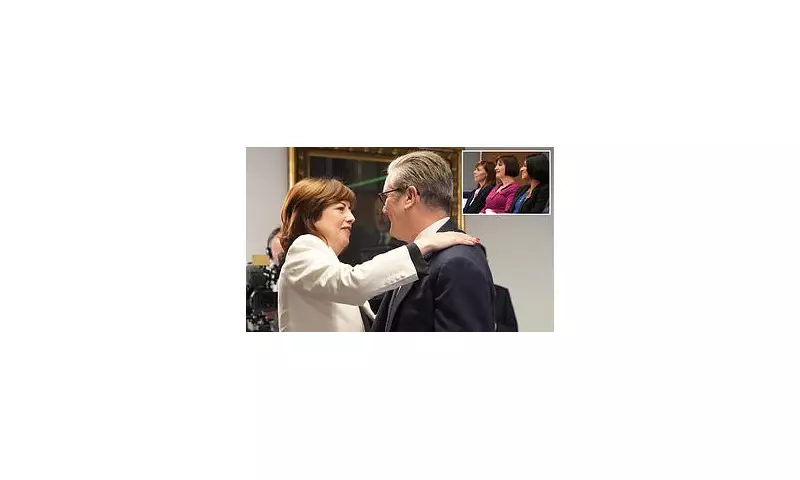
Sir Keir Starmer is facing mounting pressure and internal dissent following a controversial decision by Labour MPs to elect a previously sacked minister as their new deputy leader.
Surprise Comeback Sparks Internal Division
In a move that has sent shockwaves through Westminster, Labour parliamentarians have chosen a former Cabinet member who was dramatically removed from his position by Starmer himself to now serve as the party's second-in-command. The election results reveal deep fractures within the party's ranks and represent a significant challenge to Starmer's authority.
Background of the Controversial Appointment
The newly elected deputy leader had previously held a prominent role in Starmer's frontbench team before being dismissed amid earlier controversies. Their return to a senior position, despite past disagreements with the leadership, underscores the complex power dynamics at play within the Labour Party.
Political analysts are describing this development as a major test for Starmer's leadership, coming at a crucial time when the party seeks to present a united front to voters. The decision has already prompted heated discussions among MPs and party members about the direction and discipline of the Labour movement.
Implications for Party Unity
The election outcome suggests that significant elements within the parliamentary party may be pushing back against Starmer's leadership style and strategic decisions. This internal power struggle could have far-reaching consequences for Labour's cohesion and electoral prospects.
Several senior Labour figures have expressed concerns about the message this sends regarding party discipline and the authority of the leadership. Meanwhile, supporters of the new deputy leader argue that the election demonstrates healthy internal democracy and represents the will of the parliamentary party.
As the dust settles on this unexpected political development, all eyes remain on how Sir Keir Starmer will navigate this latest challenge to his authority and whether this appointment will strengthen or further divide the party ahead of crucial political battles.





